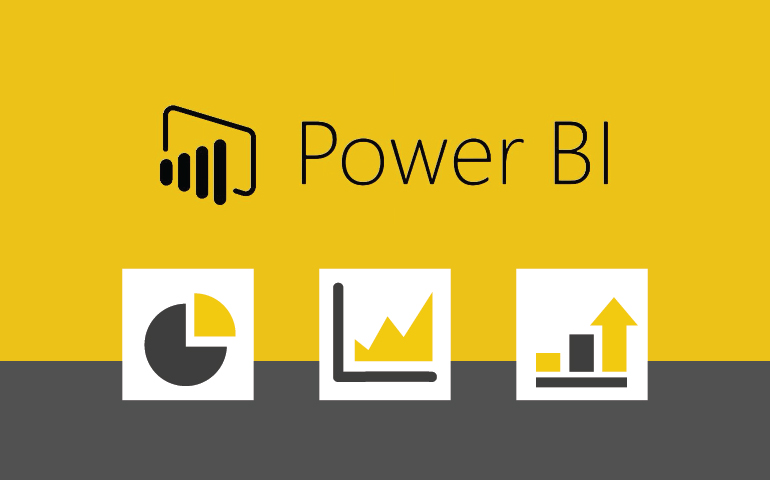PHP, or Hypertext Preprocessor, is one of the oldest yet most used programming languages for web development. It’s like a tool that helps build websites and web applications. You might not know, but PHP is used by over 78% of websites on the internet, including big names like Facebook, WordPress, and Wikipedia. That’s a lot of websites!
PHP has been around since 1995 and has become a favorite among web developers. But, like any other programming language, it has its good and bad sides. In this article, we’ll explore the best and worst of PHP development, so you can understand what makes it tick.
The Best of PHP Development
Easy to Learn
PHP is a relatively simple language to learn, even for beginners. It’s like learning a new game, and once you get the hang of it, you can start building your own websites and web applications.
One of the reasons PHP is easy to learn is its syntax. PHP’s syntax is similar to other programming languages like C and Java, making it easier for developers to pick up. Additionally, PHP has a vast number of resources available, including tutorials, documentation, and online courses that can help beginners learn the language quickly.
Fast Development
PHP is a rapid development language, which means you can build and deploy websites quickly. This is great for businesses that need to get their website up and running fast.
PHP’s fast development is due to its simplicity and flexibility. PHP code can be written quickly, and its syntax is easy to read and understand. This makes it easier for developers to write and test code rapidly.
Additionally, PHP has a vast number of frameworks and libraries that can help speed up development. For example, Laravel and CodeIgniter are two popular PHP frameworks that provide a set of tools and libraries to help developers build web applications quickly.
Large Community
PHP has a massive community of developers who contribute to its growth and development. This means there are many resources available, including tutorials, forums, and libraries, to help you learn and improve your skills.
The PHP community is one of the largest and most active communities in the programming world. There are thousands of developers who contribute to PHP’s development, and millions of developers who use PHP to build web applications.
Cross-Platform
PHP can run on various operating systems, including Windows, macOS, and Linux. This makes it a versatile language that can be used on different platforms.
PHP’s cross-platform compatibility is due to its ability to run on different web servers. PHP can run on Apache, Nginx, and IIS, making it a versatile language that can be used on different platforms.
Additionally, PHP has a number of libraries and frameworks that provide cross-platform compatibility. For example, the PHP-MySQL extension provides a way to interact with MySQL databases on different platforms.
Open-Source
PHP is an open-source language, which means it’s free to use and distribute. This has led to a large community of developers contributing to its development and improvement.
PHP’s open-source nature has led to a large community of developers contributing to its development. This means that PHP is constantly being improved and updated, with new features and security patches being added regularly.
Additionally, PHP’s open-source nature means that it’s free to use and distribute. This makes it an attractive option for businesses and individuals who want to build web applications without incurring licensing fees.
The Worst of PHP Development
Security Concerns
PHP has had its fair share of security issues in the past, including vulnerabilities like SQL injection and cross-site scripting (XSS). This means developers need to be extra careful when writing PHP code to avoid these security risks.
One of the biggest security concerns with PHP is SQL injection. SQL injection occurs when an attacker injects malicious SQL code into a web application’s database. This can lead to unauthorized access to sensitive data and even complete control of the database.
Performance Issues
PHP can be slow, especially when handling large amounts of data. This can lead to slow-loading websites and frustrated users.
One of the reasons PHP can be slow is its interpreted nature. PHP code is interpreted at runtime, which means it’s not compiled into machine code beforehand. This can lead to slower performance, especially when handling complex tasks.
Developers can use caching and optimization techniques to improve performance. Caching involves storing frequently used data in memory, making it faster to access. Optimization techniques, such as code optimization and database optimization, can also help improve performance.
Error Handling
PHP’s error handling can be tricky, making it difficult for developers to debug their code. This can lead to frustrating hours spent trying to fix errors.
One of the reasons PHP’s error handling can be tricky is its lack of strict typing. PHP is a dynamically-typed language, which means it doesn’t require developers to declare the data type of a variable before using it. This can lead to errors, especially when working with complex data types.
Lack of Multithreading
PHP doesn’t support multithreading, which means it can’t handle multiple tasks simultaneously. This can lead to slower performance, especially when handling large amounts of data.
One of the reasons PHP doesn’t support multithreading is its design. PHP is designed to handle web requests in a sequential manner, which means it can’t handle multiple tasks simultaneously.
To improve performance, developers can use alternative languages like Python or JavaScript, which support multithreading. Alternatively, developers can use PHP frameworks and libraries that provide multithreading capabilities.
Conclusion
PHP has been a popular choice for web developers, each with their own wise. While it’s easy to learn, fast to develop, and has a large community, it also has security concerns, performance issues, and outdated syntax. By understanding the best and worst of PHP development, you can make informed decisions about whether to use it for your web development projects.














